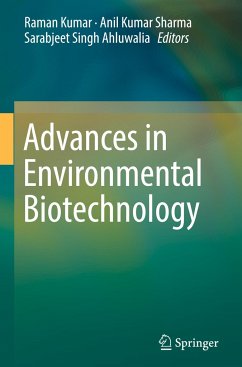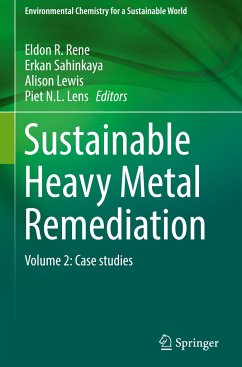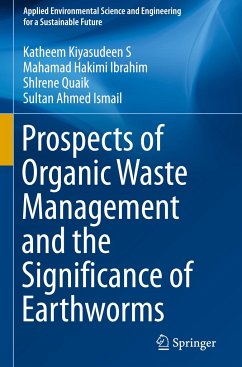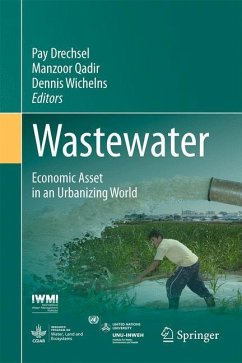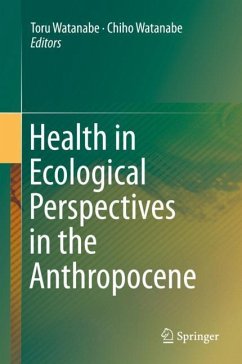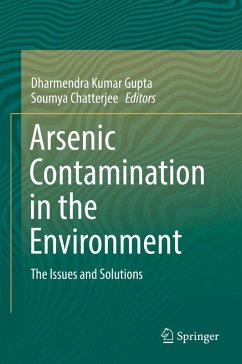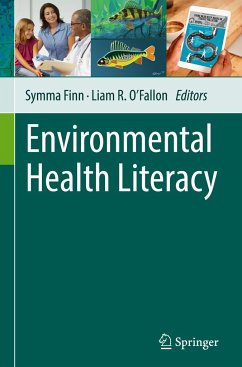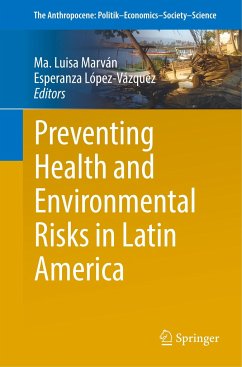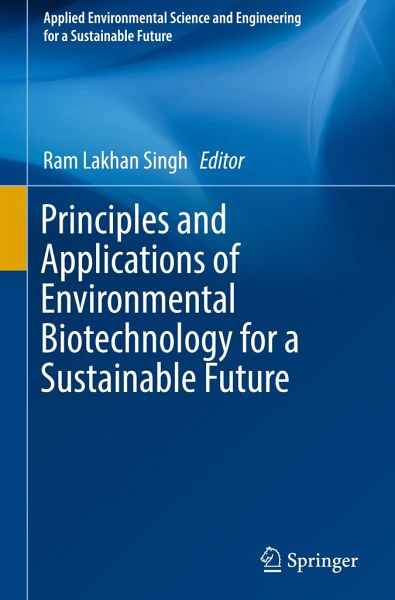
Principles and Applications of Environmental Biotechnology for a Sustainable Future

PAYBACK Punkte
38 °P sammeln!
This textbook on Environmental Biotechnology not only presents an unbiased overview of the practical biological approaches currently employed to address environmental problems, but also equips readers with a working knowledge of the science that underpins them. Starting with the fundamentals of biotechnology, it subsequently provides detailed discussions of global environmental problems including microbes and their interaction with the environment, xenobiotics and their remediation, solid waste management, waste water treatment, bioreactors, biosensors, biomining and biopesticides.This book al...
This textbook on Environmental Biotechnology not only presents an unbiased overview of the practical biological approaches currently employed to address environmental problems, but also equips readers with a working knowledge of the science that underpins them. Starting with the fundamentals of biotechnology, it subsequently provides detailed discussions of global environmental problems including microbes and their interaction with the environment, xenobiotics and their remediation, solid waste management, waste water treatment, bioreactors, biosensors, biomining and biopesticides.
This book also covers renewable and non-renewable bioenergy resources, biodiversity and its conservation, and approaches to monitoring biotechnological industries, genetically modified microorganism and foods so as to increase awareness.
All chapters are written in a highly accessible style, and each also includes a short bibliography for further research. In summary this textbookoffers avaluable asset, allowing students, young researchers and professionals in the biotechnology industry to grasp the basics of environmental biotechnology.
This book also covers renewable and non-renewable bioenergy resources, biodiversity and its conservation, and approaches to monitoring biotechnological industries, genetically modified microorganism and foods so as to increase awareness.
All chapters are written in a highly accessible style, and each also includes a short bibliography for further research. In summary this textbookoffers avaluable asset, allowing students, young researchers and professionals in the biotechnology industry to grasp the basics of environmental biotechnology.



